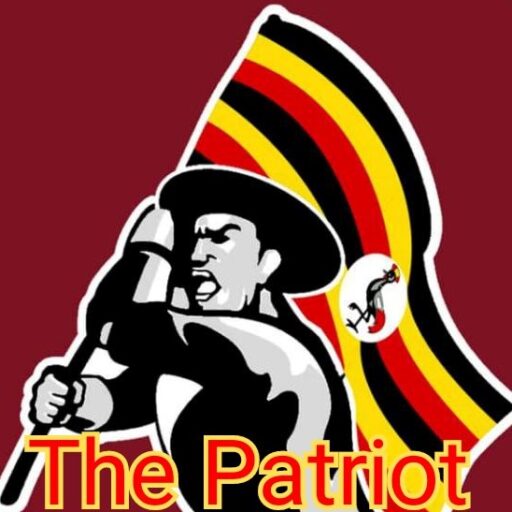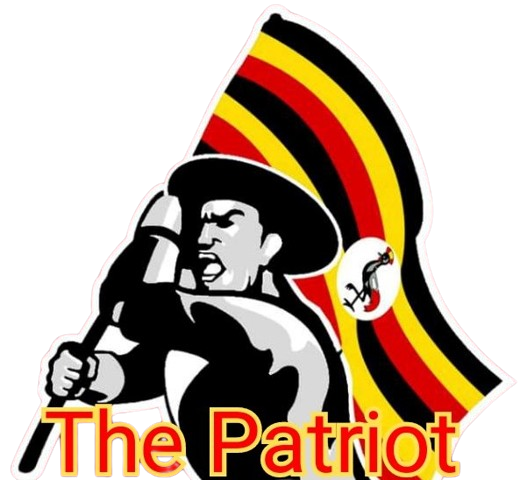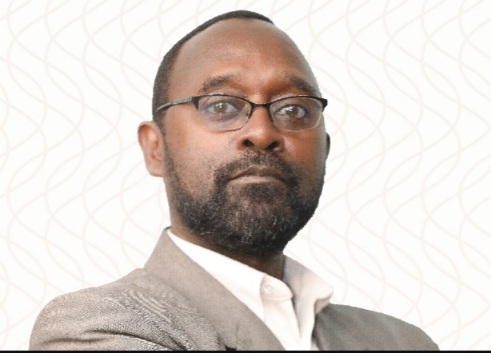OPINION.
“You have no enemies, you say? Alas! my friend, the boast is poor; He who has mingled in the fray of duty, that the brave endure, must have made foes! If you have none, small is the work that you have done. You have hit no traitor on the hip, you have dashed no cup from perjured lip, you have never turned the wrong to right, you have been a coward in the fight.” Charles Mackay
His Excellency, President Yoweri Tibuhaburwa Kaguta Museveni aka Ruhemb’ogwenjura turns 80 years this week. Some Ugandans have even claimed that he is much older, which I believe is even a better blessing, a revelation of God’s goodness. Because despite his advanced age, he is physically in shape and mentally much more alert than not just his contemporaries but even half of a country whose population is 70% under 35 years of age.
Apart from blessings from God, Museveni the individual has stamped his personality on Uganda forever, a legacy you can not erase despite of your views about him. You all agree with me that there will never be history of Uganda that will ever be written without his name ever again. And luckily for him, much of that history will be positive and future generations will look to his legacy for inspiration.
As we cerebrate his birthday, let me highlight a few things he has done that have impacted not only Ugandans or Africans but humanity in general. In the 1960s, as a young man, he educated cattle keepers against nomadism and taught them the importance of settling down in one place and acquiring grazing lands. With this eradication of nomadism; cattle keeping become commercial and economically liberated the rather rich but poor pastoral communities, but most importantly, settling down allowed for the education of children to take root in these communities that did not see any value in it.
President Museveni made history when he led 41 men armed with 27 guns, attacked a government military barracks (Kabamba) that had the backing of foreign forces (Tanzania), managed to overrun it’s most protected area, the quarter-guard and made off with some more guns. After which he waged a rebellion and overthrew the government in just five years. It takes an individual with discipline and high intellect to pull off something as grand and dangerous as that.
I remember journalists asking the Late Col. Shaban Bantariza how Museveni can be an army general without any known formal military training, and his answer was iconic: “What rank would you give to someone who pulled off such a feat?”
In the same regard, allow me quote what Rtd. Col. Kiiza Besigye said about Museveni’s qualities as a human being: “He is a strategic thinker; he thinks through an issue in a strategic sense from beginning to the end. He looks at where he should be in a long time not just the next day.” By the way, this attribute has been claimed to be lacking in Africans, not sure if it is true but, Museveni has plenty of it according to his former medical doctor.
In addition, H.E. Museveni has championed reconciliation in Uganda, even when he was still a rebel commander, he looked out for other rebel groups so as to form a united front. That is how his own People’s Redemption Army combined with Lule’s Uganda Freedom Fighters to form the National Resistance Army. And after winning the war in 1986, he formed a government of national unity. Militarily, he reached out to all armed groups that opposed him to come out and work with him to build Uganda and indeed, many of them are still working with him in government today.
Internationally, president Museveni skillfully worked with cold war protagonists, USA and USSR and avoided falling in the trap many African leaders found themselves in with catastrophic results for their people. He refused to ally with either them, insisting on looking out for Uganda’s interests first. He was neither Pro- West nor Pro-East but Pro-Uganda.
On the African continent, President Museveni resuscitated the East African Community that had been comatose since 1977. Today, it has expanded from three countries of Uganda herself, Kenya and Tanzania to include South Sudan, Rwanda, Burundi and DR Congo. Uganda has been instrumental in pacifying sister countries starting with Liberia, Somalia, DR Congo, Rwanda, Burundi, South Sudan and Central African Republic.
South Sudan’s independence has Museveni’s DNA all over it, after realising the ideological bankruptcy of President Bashir who treated the black and Christian Sudanese as second class citizens, President Museveni decided to support John Garang in any way possible which forced a peace agreement and eventually independence for South Sudan.
But the most important contribution to humanity by president Museveni came in two doses; first was his fight against AIDS in Uganda that saved many lives and became an international model of curtailing the spread of the pandemic that has had no known cure to date. Uganda and Museveni are still synonymous with successfully fighting HIV/AIDS globally.
The second contribution to humanity is his intervention in Rwanda to stop an on-going genocide that threatened to wipe out an entire ethnic group from the map on the world. When the Hutu led Interahamwe commenced their murderous rampage against the Tutsi and moderate Hutus, the international community vanished from the crime scene and let blood flow in river Kagera. Even the foreign military forces that were already on ground looked on as wave after wave of massacres went on. The French even seemed to participate in favour of genociders at the chagrin of humanity itself.
President Museveni took it upon himself to intervene by supporting forces of Rwanda Patriotic Front so that they can stop the carnage as soon as humanly and militarily possible. But like Charles Mackay says, “He who has mingled in the fray of duty, that the brave endure, must have made foes”, Museveni has surely made his own too.
If you are among the foes he made, it was not personal, he was just trying to do good when he pissed you off. HAPPY BIRTHDAY MR. PRESIDENT.
The writer is a Communications Officer at the Government Citizen Interaction Centre (GCIC) and a member of Camp Fire Ideological Study Group.
Source. GCIC


